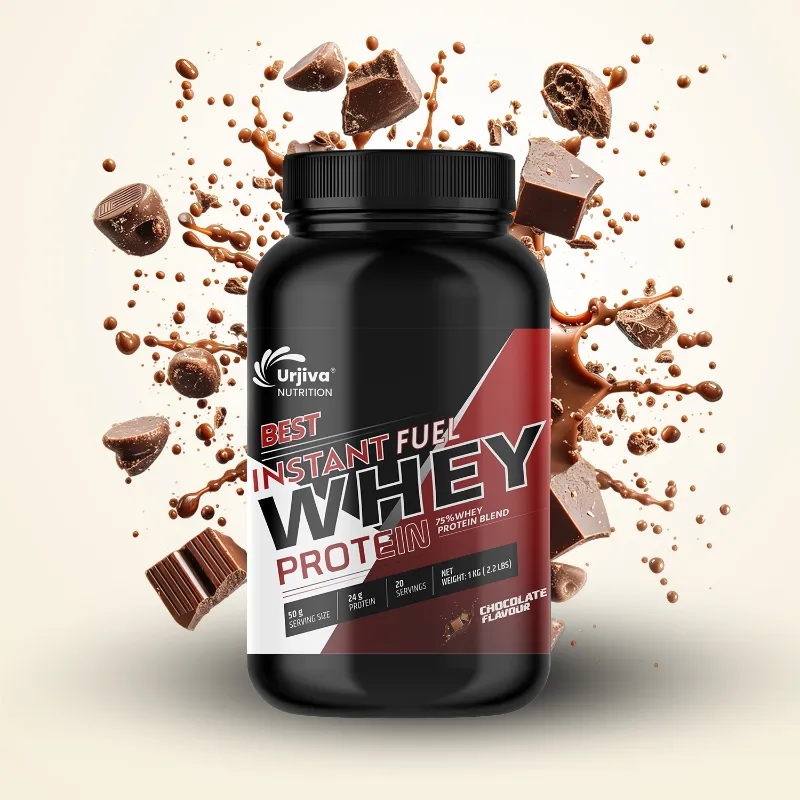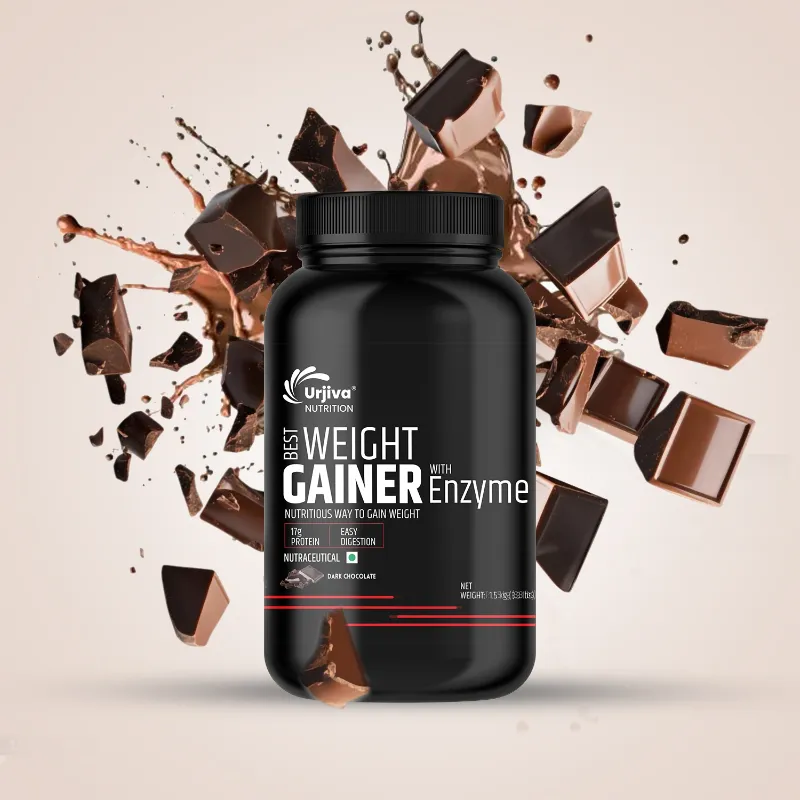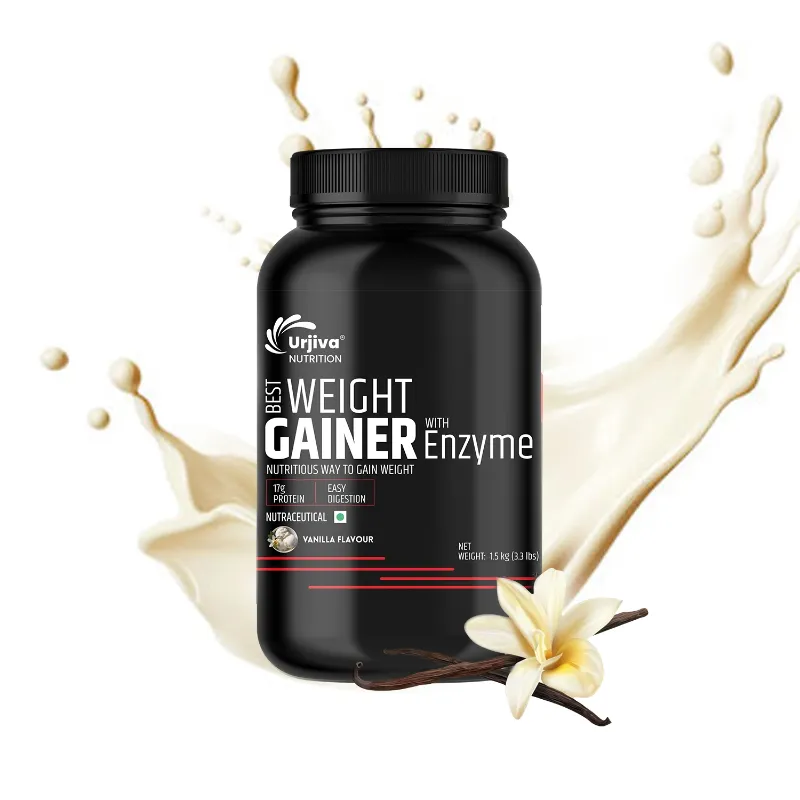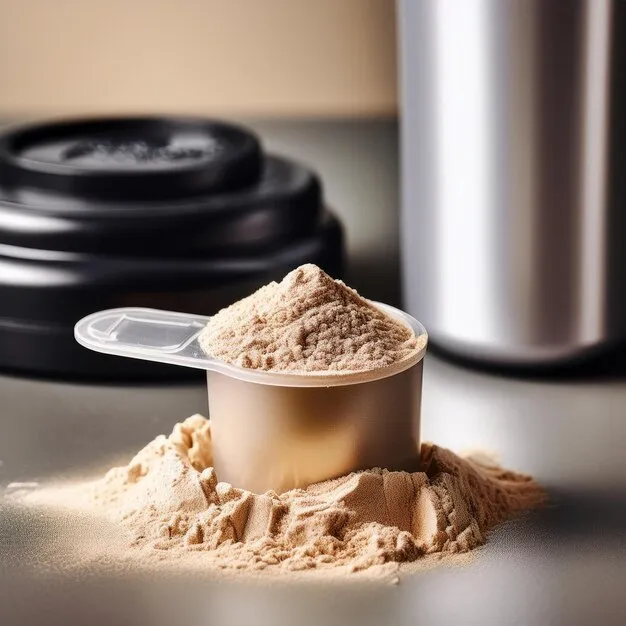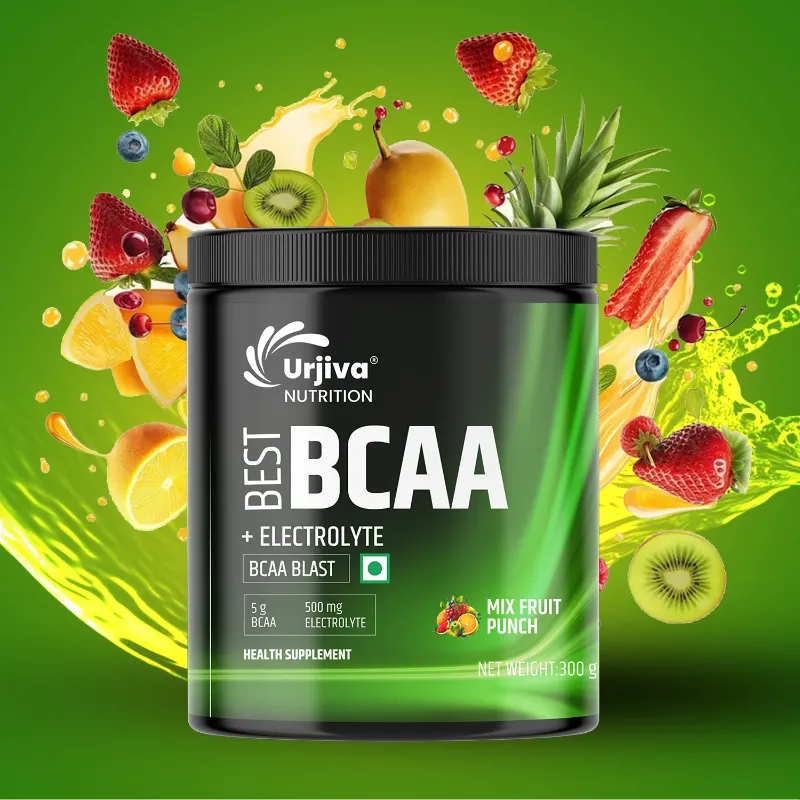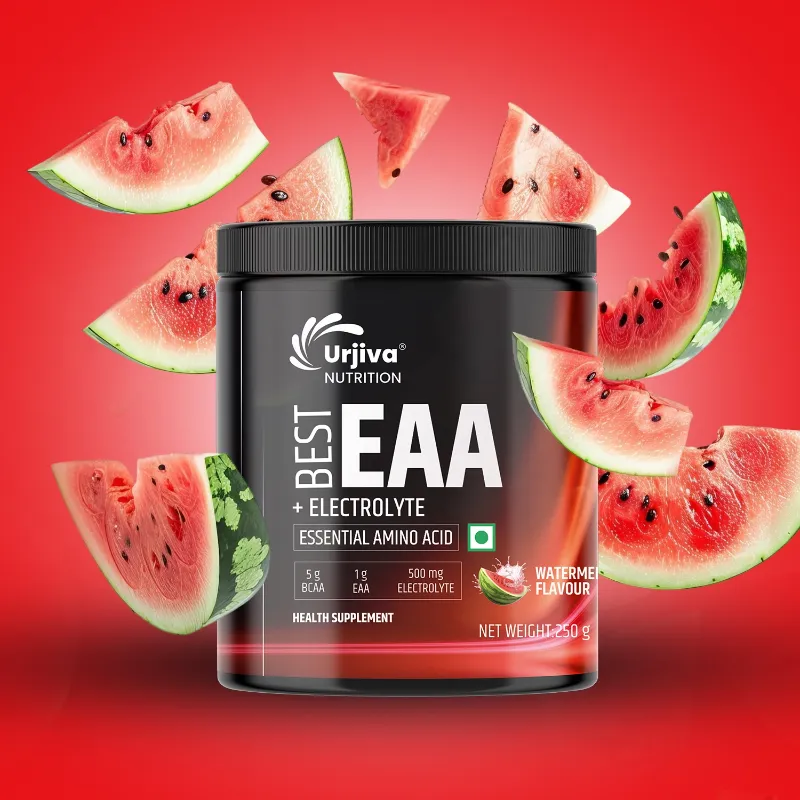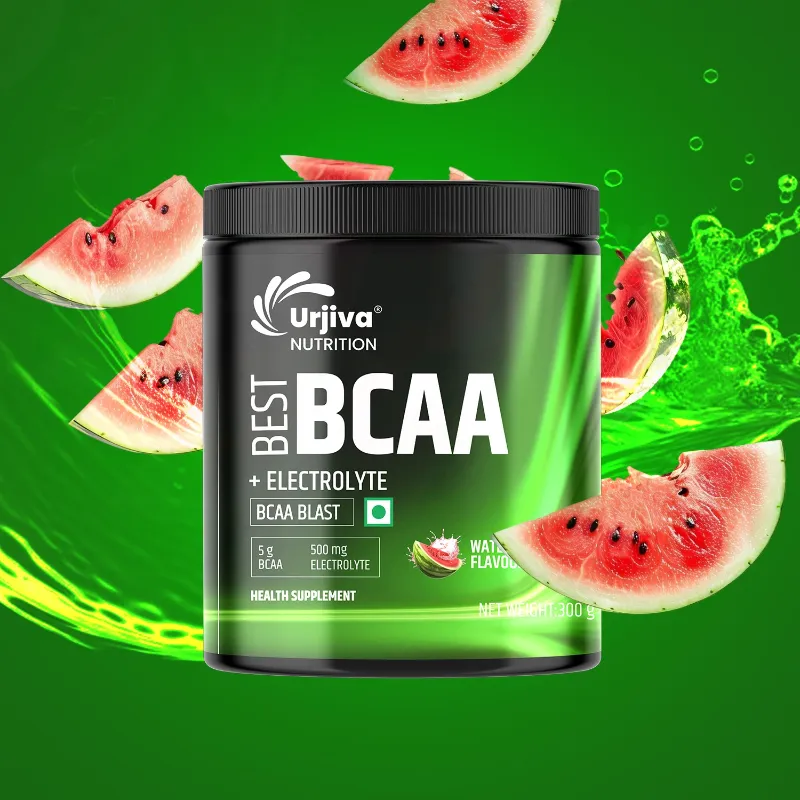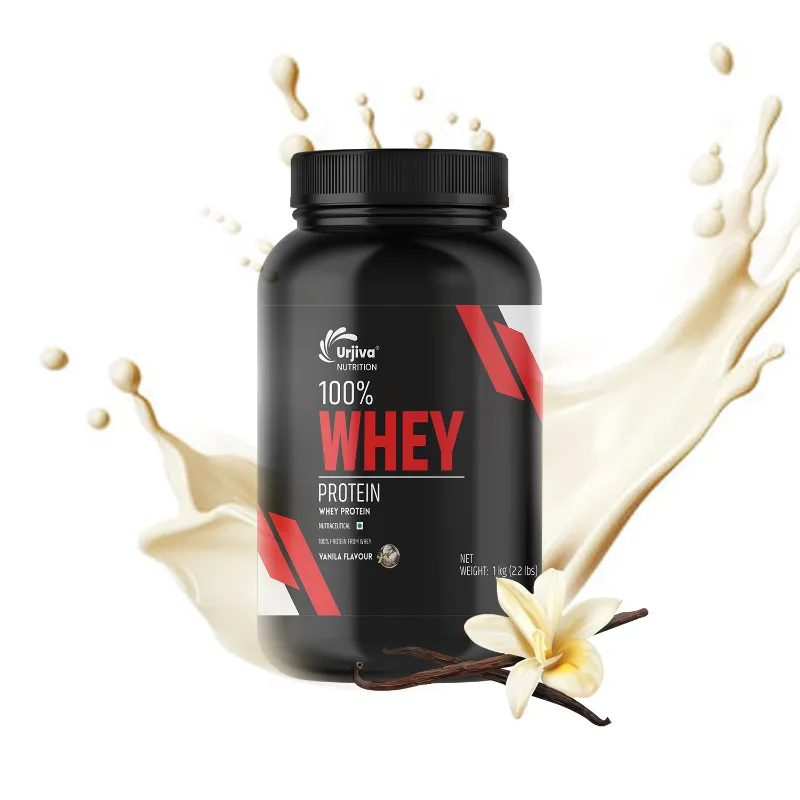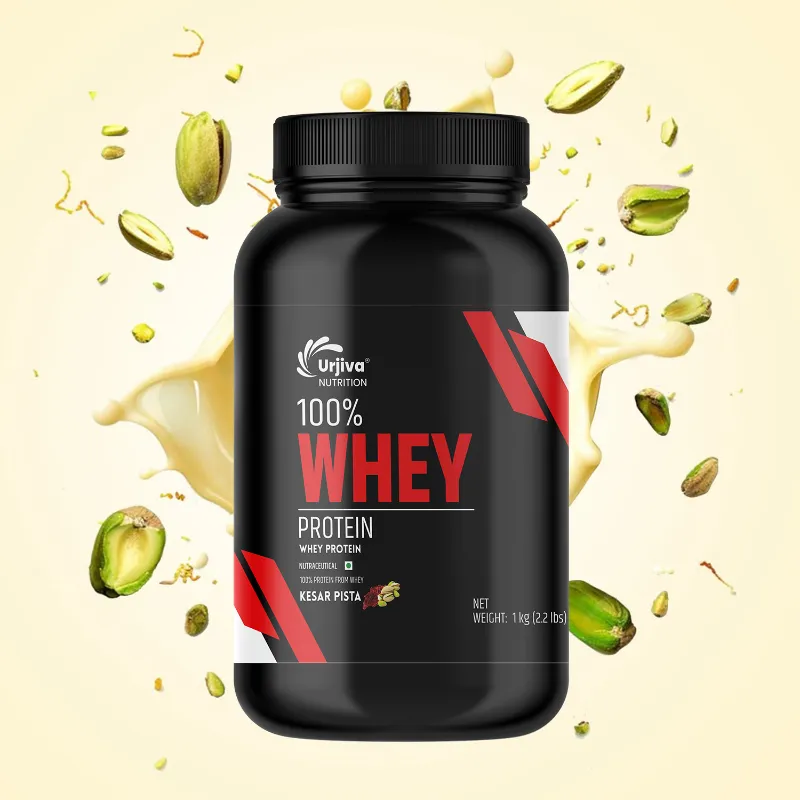Introduction to Whey Protein
Nutrition is a key component when beginning a fitness journey. One of the most sought-after and effective supplements on the market today is whey protein. Whether you're looking to build muscle, lose fat, or enhance overall health, whey protein is an excellent addition to your regimen. But as a beginner, you may have a few questions: What is whey protein? How does it work? When do you take it? Let's break it all down in this guide.
What is Whey Protein?
Whey protein is a high-quality protein extracted from milk during cheese production. It is a complete protein, as it contains all nine essential amino acids that your body cannot synthesize on its own. It is also highly digestible, making it an excellent post-workout supplement for muscle repair and growth.
Types of Whey Protein
Whey Protein Concentrate (WPC) – Low in fat and carbohydrates. It contains approximately 70-80% protein content and has more beneficial nutrients retained.
Whey Protein Isolate (WPI) – Processed to eliminate most fat and lactose, containing 90% or more protein per serving. Best for those who are lactose intolerant.
Whey Protein Hydrolysate (WPH) – Pre-digested for quicker absorption and often used in medical protein supplements and infant formula.
Why Should Beginners Use Whey Protein?
For beginners, whey protein offers many benefits, including:
Muscle Growth – Supplies essential amino acids, especially leucine, which activates muscle protein synthesis.
Fat Loss – Keeps you full for longer, decreasing overall calorie consumption.
Faster Recovery – Assists muscle repair and minimizes soreness after exercise.
Convenient Nutrition – A quick and convenient method of fulfilling daily protein needs.
Boosts Metabolism – Increased protein intake aids in the burning of calories.
How to Select the Best Whey Protein
Things to Consider
Protein Content – Opt for high protein content per serving.
Ingredients – Steer clear of fillers, artificial sweeteners, and added sugars.
Brand Reputation – Opt for well-known brands that offer good quality products.
Price vs. Quality – Do not opt for the lowest priced one; you should get your money's worth.
Dietary Restrictions – Use whey protein isolate if you are lactose intolerant.
How Much Whey Protein Should Beginners Take?
The amount of whey protein you take depends on your fitness goals and daily protein intake.
For building muscle – Aim for 1.2 to 2.2 grams of protein per kilogram of body weight.
For fat loss – Use 1.5 to 2.0 grams per kilogram of body weight to preserve muscle mass.
For general health – 0.8 to 1.0 grams per kilogram of body weight is enough.
Most beginners can begin with a single scoop (25-30g) of whey protein per day and adjust as needed according to diet and activity.
Best Times to Take Whey Protein
1. Post-Workout
The most popular time to consume whey protein is after a workout. It aids in recovery of muscles and replenishes nutrients lost.
2. Before Workout
Consumption of whey protein before workout can give you an energy boost and prevent breakdown of muscles.
3. As a Meal Replacement
For people on a weight loss diet, whey protein shakes can serve as a low-calorie, nutrient-rich meal replacement.
4. Before Bed
Taking whey protein in the evening helps prevent muscle breakdown during sleep and aids in recovery overnight.
How to Use Whey Protein Efficiently
1. Mix It with the Right Liquid
Water – Ideal for fast absorption and low-calorie consumption.
Milk – Provides additional protein and flavor.
Smoothies – Mix with fruits, nuts, and yogurt for a healthier meal replacement.
2. Pair with a Balanced Diet
Whey protein must be paired with a well-balanced diet. Add whole foods high in protein, healthy fats, and complex carbohydrates.
3. Monitor Your Protein Intake
Don't overdo the protein. Monitor your intake to ensure you are getting enough, but not too much, protein for the day.
Common Beginner Mistakes with Whey Protein
1. Overuse
More protein is not always better. Too much protein can cause digestive problems and excessive calorie intake.
2. Forgetting Whole Foods
Dependence on supplements is not recommended. Whole food sources such as chicken, eggs, and fish offer extra nutrients that supplements do not.
3. Selecting Low-Quality Products
Not all whey proteins are equal. Choose brands that have third-party testing for quality control.
4. Failing to Stay Hydrated
High protein intake must be balanced with proper hydration to enable the kidneys to process protein efficiently.
5. Omitting Resistance Training
Whey protein alone will not build muscle. It must be paired with strength training to achieve effective results.
Can Beginners Consume Whey Protein Daily?
Yes! Whey protein is safe for daily use provided it is within your total protein requirements. Just make sure your overall diet contains a variety of protein sources.
Side Effects of Whey Protein
Whey protein is safe for most people, but some may experience:
Digestive problems (bloating, gas, cramps) – More prevalent in those with lactose intolerance.
Kidney strain – Overuse over extended periods may stress the kidneys.
Allergic reactions – Rare but possible in those with dairy allergies.
To prevent side effects, always follow the recommended dosage and select high-quality whey protein.
Myths and Misconceptions About Whey Protein
1. Whey Protein is Only for Bodybuilders
Myth! Whey protein benefits anyone who wishes to have a healthy diet and lifestyle.
2. Too Much Protein Damages Kidneys
Unless you already have kidney conditions, moderate consumption of whey protein will not damage your kidneys.
3. Whey Protein Makes You Fat
Whey protein itself does not make you fat. Excessive eating in general causes you to gain fat.
4. Women Should Avoid Whey Protein
Whey protein is great for both men and women. It tones the muscles, increases metabolism, and enhances overall well-being.
5. You Can Replace All Meals with Whey Protein
While whey protein is a convenient meal replacement, depending on shakes alone can result in nutrient deficiencies.
For beginners, whey protein is a great supplement to aid in muscle growth, recovery, and overall fitness. When utilized properly, it offers many health benefits and serves various fitness needs. Selecting the right whey protein, taking it in the right quantity, and taking it with a balanced diet and exercise will deliver the best outcomes.
If you are searching for high-quality whey protein, Urjiva Nutrition provides superior whey protein products that can help you get the best outcomes. Whether you are a beginner or a seasoned fitness enthusiast, Urjiva Nutrition's whey protein is a trusted solution for enhancing muscle recovery and overall performance.

